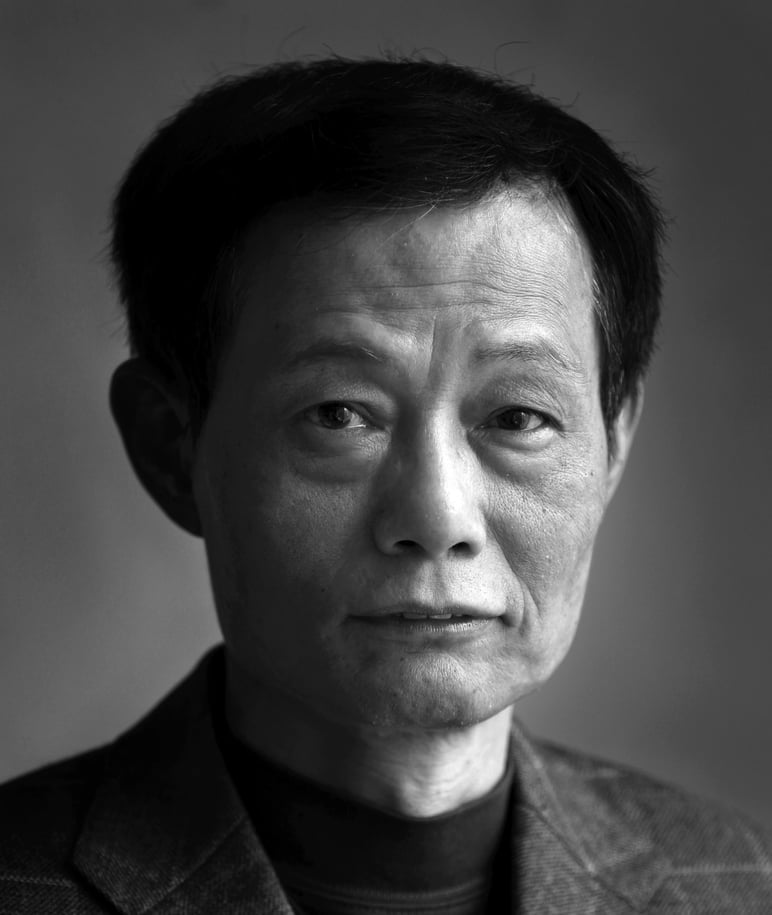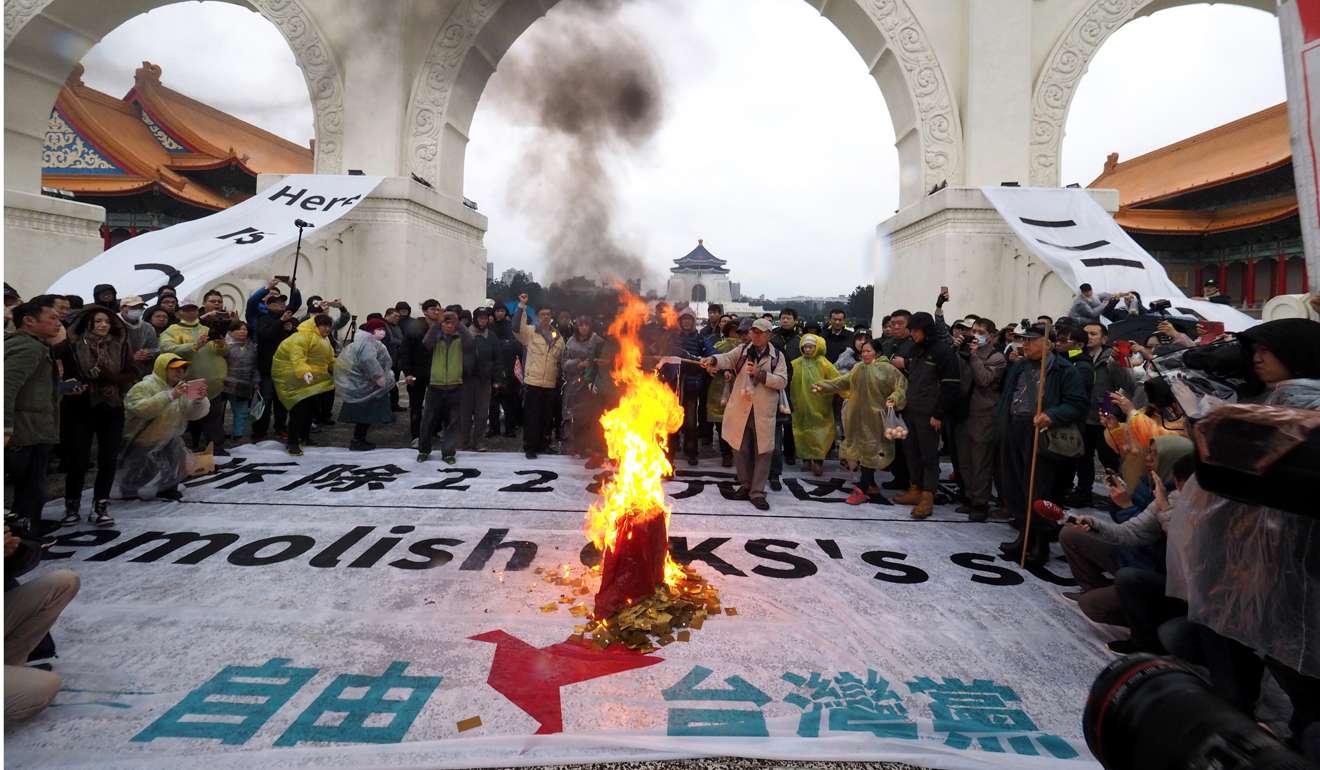
When will Beijing have the courage to mark June 4 and other tragedies of its own making?
Cary Huang welcomes Beijing’s decision to commemorate Taiwan’s 1947 uprising, but what about the June 4 military crackdown and other Communist Party missteps?
Beijing’s decision to hold a series of high-profile events to commemorate the 70th anniversary of the “228 Incident”, in which thousands of Taiwanese were killed by China’s then Kuomintang government, is a welcome development, despite its ridiculous argument behind the decision.
At least 28,000 people, mostly native Taiwanese, were killed during the suppression of civilian unrest that started on February 28, 1947, two years before the KMT government retreated to Taiwan after losing a civil war on the mainland. The massacres were a prelude to wider purges of government opponents between 1949 and 1987, under martial law imposed by Chiang Kai-shek.
70 years on, Taiwan’s crushed uprising still echoes in Beijing and Taipei
The uprising in fact had little to do with Chinese communists. Instead, it marked Taiwanese people’s resistance to a corrupt regime and their struggle for autonomy. Remembrance of the uprising has become a rallying call for Taiwan’s pro-independence forces and helped to propel the rise of the pro-independence Democratic Progressive Party.

Beijing’s willingness to mark the event, thus highlighting an episode from the KMT’s dark past, may indicate its dissatisfaction with a KMT leadership it sees as inept. More broadly, it is also an attempt by Beijing to show it respects history, and to try to interpret it.
Beijing should know that reminiscing about the past may well remind people of the Communist Party’s own dark deeds
However, Beijing should know that reminiscing about the past may well remind people of the Communist Party’s own dark deeds. The party has a habit of trying to cover up the parts of its history that it fears may undermine its rule. Where are the events remembering the millions killed in Mao Zedong’s (毛澤東) continuous political purges between 1949 and 1966; the tens of millions who starved to death due to Mao’s policy failures in the 1950s; the tens of millions purged and the millions killed during the Cultural Revolution between 1966 and 1976; and, most recently, the bloody crackdown on pro-democracy students in Tiananmen Square on June 4, 1989?
By contrast, in Taiwan today, the “228 Incident” is openly remembered. The different approaches in handling historical events suggest the deep divide between Beijing and Taipei. Further, it illustrates the wide gap in ideology and values between the communists and the KMT, even though they share a longing for national unification.
The gap between Beijing and the DPP is obviously even bigger.
Taiwanese independence and unification factions clash as island commemorates 1947 massacre

The KMT’s decision to face up to its past marked the advent of the island’s shift from authoritarian rule towards democracy. Beijing should follow its example and start to account for past government violence against the people.
Only Beijing can heal people’s June 4 Tiananmen pain, says Taiwan’s President Tsai Ing-wen
On the mainland, any discussion of politically sensitive historical events is strictly banned. For instance, any mention of June 4 on the internet in mainland China is quickly scrubbed.
The pro-democracy protests of 1989 in fact had similar origins to Taiwan’s 1947 uprising: both were triggered by anger over corruption and economic mismanagement. That is why many KMT leaders, including former president Ma Ying-jeou, made repeated calls for Beijing to acknowledge June 4.
Beijing’s nod today to marking the Taiwanese tragedy may show it is more willing to consider Taiwanese aspirations. But if it can also show courage to face up to its past mistakes, as the KMT did, that will surely take it closer to winning the hearts and minds of the Taiwanese people, and thus closer to reaching its goal of reunification.
Cary Huang is a senior writer at the Post

